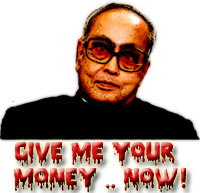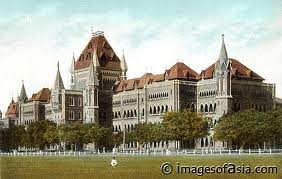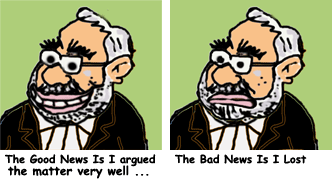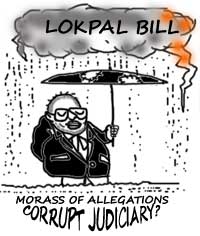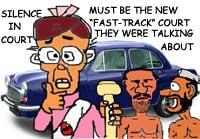
What was in the realm of fantasy till yesterday is now in the realm of reality thanks to the forward-looking approach adopted by the Tribunal. The Tribunal, grappling with the problems of paucity of Members and the increasing case load, is contemplating setting up E-Courts/ E-Benches to solve the problem. This will help clear the pendency of cases and bring justice to the assessee’s doorstep. If the concept is successful, it can be extended to the High Courts & the Supreme Court. The author explains the practical implications of the proposal and makes suggestions on how the concept should be implemented to make it a grand success
The Income-tax Appellate Tribunal which was established on 25th January, 1941 has completed more than 71 years of its existence. It is considered as mother of all Tribunal’s established in our country. It has 63 benches at 27 stations. The Hon’ble President of ITAT Mr. G. E. Veerabhadrappa with the help of Hon’ble Vice-presidents and Members desire to establish e-Tribunal for better administration of justice. Tax Bar, Departmental representatives and Hon’ble Members of the Tribunal had an interactive meeting with the Hon’ble President of ITAT on 2-3-2012 and all the members present at the meeting are of the considered view that the concept of e-Tribunal will benefit the assessees, tax administration and tax consultants. It will also benefit the Institution in reducing the pendency of tax appeals and substantial amount of tax payers money will be saved which otherwise required to be spent for setting up the Benches, at different places.
